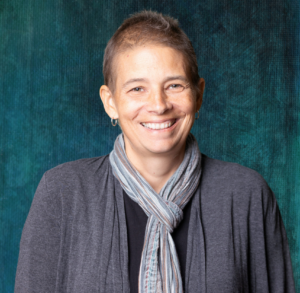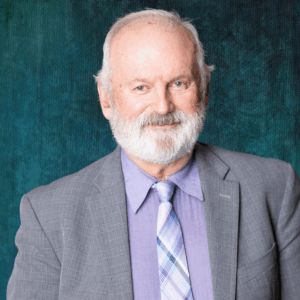Southeastern CT Organizing
Faith-Based Organizing in Southeastern Connecticut
Why? Imagine what life in our region could be like if our religious institutions: our churches, synagogues and mosques, actually possessed the moral force to make our region a more just and equitable place? Together, through broad-based organizing we can have the power to change the way things are in Southeastern CT.
Who? In 2021, faith leaders joined together to explore forming a faith-based social change organization
What? Faith-based organizing accomplishes two related goals: it provides a vehicle for religious institutions to have power to make their common values more of a force in society, and its methods enliven and strengthen the congregations who engage in it.
Congregations Currently at the Table
Park Congregational Church, Norwich
St. Luke Lutheran, Gales Ferry
First Congregational Church of Old Lyme
Walls Clark Temple AME Zion, New London
Bethel AME Church, New London
All Souls Unitarian Universalist, New London
St. Joseph Catholic Church, New London
St. Mark’s Episcopal Church, Mystic
St. Mary’s Catholic Parish, Norwich
Organizing Process

We follow the principles and practices of relational organizing, grounded in a firm commitment to antiracism. We believe that deep and authentic relationships are the foundation of all we do. Therefore, we begin by listening to people’s stories. From there, we identify shared themes in our struggles. We distill broad, nebulous problems into specific, concrete issues where we can use our collective power to create systemic change. We analyze power, identify root causes, act strategically, and evaluate our campaigns to learn from our successes and failures.
Individual Meetings: Individual meetings are the fundamental building blocks of organizing together. They are an opportunity for two souls to connect face-to-face.
House Meetings: House meetings are 60-90 minute conversations with 6-10 people facilitated by a leader. They are an opportunity for people to deepen relationships, engage one another, and imagine together how to improve our neighborhood and city. Effective house meetings are built around good storytelling: stories that illustrate people’s deepest concerns and stir us to action.
Research & Cutting Issues: Common issues that arise from the house meetings are then researched and cut into campaigns that are specific and resolvable.
Action & Evaluation: We hold structured public actions where leaders and organizers confront decision makers capable of effecting desired change. We evaluate our work every step of the way as we continue moving through the cycle.
FAQs
Who pays our way? We will, largely through congregational dues. Otherwise the organization does not belong to us.
What kinds of issues will we work on? Together, we will create a vehicle to win on a variety of issues that arise from our everyday lives in our workplaces, neighborhoods, schools, healthcare, etc.
Is organizing political? Yes! Our faiths are inherently political. However, we will engage in the politics of issues and not office, meaning we will remain non-partisan.
Will organizing be confrontational? Yes, “confrontation” properly understood comes from its Latin roots meaning “face to face.” We seek to negotiate directly “face to face” with people and institutions of power.
Is organizing charity? No, organizing addresses the root causes of injustice that result in the need for charity.
For examples of similar organizations and their impact in CT visit:
Greater Hartford Interfaith Action Alliance (GHIAA): https://cljct.org/ghiaa/
Congregations Organized for a New CT (CONECT): https://weconect.org/
Contacts

